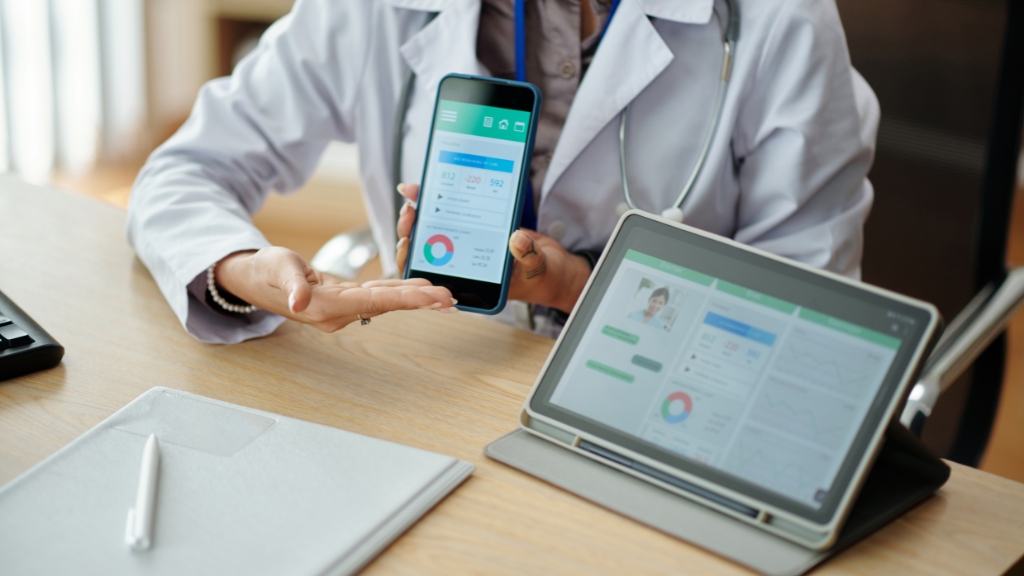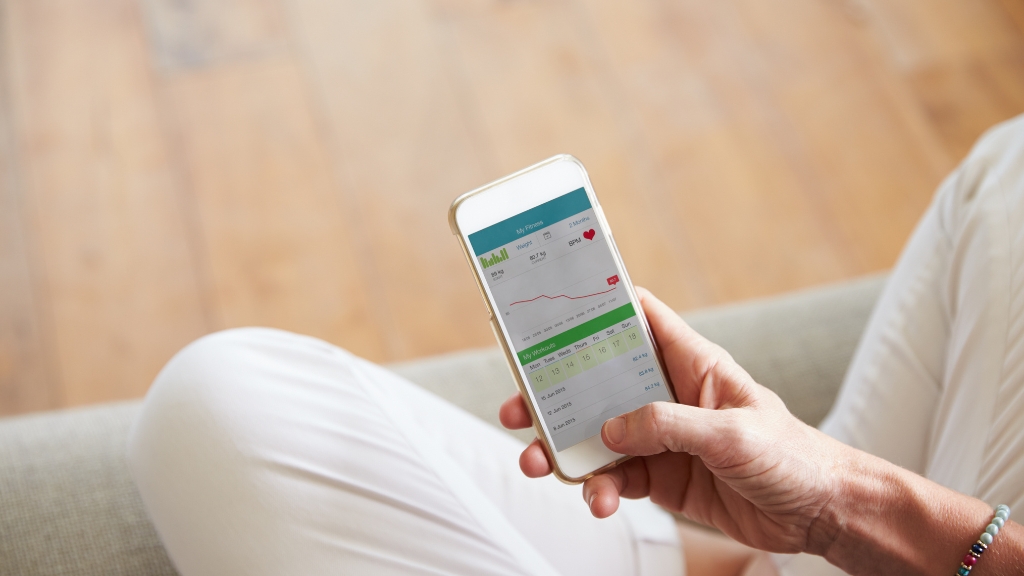
A New Era of Healthcare Exploring Mobile Apps
The landscape of healthcare is evolving rapidly, and mobile apps are at the forefront of this transformation. As technology advances, mobile applications are reshaping how we approach health management, patient care, and medical research. This article explores the impact of mobile apps on the healthcare sector and what this new era means for patients and providers alike.
1. Revolutionizing Patient Care
Mobile apps are revolutionizing patient care by providing tools for better management of health conditions. Chronic disease management apps enable patients to track their symptoms, medication adherence, and overall health metrics from their smartphones. For example, diabetes management apps can monitor blood sugar levels, provide dietary recommendations, and even connect users with their healthcare providers for real-time consultations. This increased accessibility empowers patients to take control of their health and improves outcomes through consistent monitoring and timely interventions.
2. Enhancing Accessibility and Convenience
One of the greatest benefits of healthcare mobile apps is the enhanced accessibility and convenience they offer. Telemedicine apps allow patients to consult with healthcare professionals without the need to visit a clinic physically. This is especially beneficial for individuals in remote or underserved areas who might otherwise have limited access to medical care. Furthermore, appointment scheduling, prescription refills, and access to medical records can all be managed through these apps, streamlining the healthcare experience for patients.
3. Promoting Preventive Health
Mobile apps play a crucial role in promoting preventive health by encouraging healthy lifestyle choices and regular health monitoring. Fitness and wellness apps help users track physical activity, monitor diet, and set health goals. Apps focused on mental health provide resources for stress management, meditation, and therapy. By integrating these tools into daily routines, individuals are more likely to engage in proactive health measures and prevent potential health issues before they arise.
4. Supporting Medical Research and Innovation
The integration of mobile apps in healthcare is also supporting medical research and innovation. Health data collected from mobile apps can be analyzed to identify patterns and trends, contributing valuable insights into disease prevention, treatment efficacy, and patient behavior. Researchers and healthcare providers can use this data to develop new therapies, improve existing treatments, and advance the overall quality of care. Additionally, apps that facilitate remote patient monitoring can accelerate clinical trials by providing real-time data and reducing the need for in-person visits.
5. Ensuring Data Security and Privacy
As mobile apps become integral to healthcare, ensuring data security and privacy is paramount. Healthcare providers and app developers must adhere to strict regulations such as HIPAA (Health Insurance Portability and Accountability Act) to protect patient information. Secure data encryption, user authentication, and regular security updates are essential measures to safeguard sensitive health data. Patients should be informed about how their data is used and have control over their personal information.
6. Fostering Patient Engagement
Mobile apps are instrumental in fostering patient engagement by providing users with tools and resources to actively participate in their health care. Interactive features, educational content, and personalized health insights motivate patients to stay engaged with their treatment plans and health goals. Gamification elements, such as reward systems for achieving health milestones, can also enhance user motivation and adherence to health recommendations.
7. Navigating Challenges and Future Prospects
Despite the numerous benefits, the adoption of mobile apps in healthcare faces challenges such as technological limitations, varying levels of user literacy, and integration with existing healthcare systems. However, ongoing advancements in technology and increased user familiarity with mobile apps are likely to address these challenges. The future of healthcare apps promises even more innovations, including the integration of artificial intelligence, advanced analytics, and improved interoperability with electronic health records (EHRs).
In conclusion, mobile apps are ushering in a new era of healthcare, transforming patient care, enhancing accessibility, and supporting medical research. As technology continues to evolve, these apps will play an increasingly vital role in shaping the future of health management and delivery.
Leave a Reply
- AI in Diagnostics: Revolutionizing Early Detection and Accuracy
- How AI and Advanced Analytics Are Transforming Healthcare Outcomes
- Investing with Confidence: The Role of ROI Calculators
- How ROI Calculators Drive Data-Driven Business Strategies
- The Ultimate Guide to ROI Calculators for Business Success
- Making Sense of ROI Calculators: A Comprehensive Guide
- June 2025 (1)
- May 2025 (1)
- October 2024 (2)
- September 2024 (31)
- August 2024 (31)
- July 2024 (27)
- June 2024 (28)
- May 2024 (30)
- April 2024 (33)
- March 2024 (23)
- February 2024 (29)
- January 2024 (3)
- December 2023 (47)
- November 2023 (36)
- October 2023 (23)
- September 2023 (2)
- June 2023 (2)
- May 2023 (13)
- April 2023 (1)




